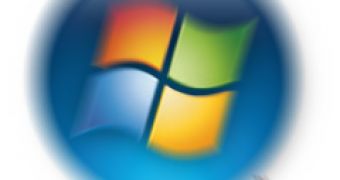In a recent interview I did with Microsoft, I jumped at the chance of getting an official comment on Windows XP security in the context of Windows Vista. As Microsoft was getting ready to make Windows Vista available to the general public, the company also announced a life extension for Windows XP. Two versions of the ubiquitous operating system, Home Edition and Media Center Edition will benefit from five years of added support.
Microsoft made the announcement toward the end of January, only a few days before Vista hit the shelves. As Windows XP is nothing short of a monolithic presence on the operating systems market with a share of 85%, and Vista's main rival, I asked Stephen Toulouse, senior program manager for the Trustworthy Computing Group what kind of signal was the extended support for XP giving to customers.
"Windows XP Service Pack 2 was a significant leap in the security of the Windows XP platform. However it is important to note that the Windows XP base product was developed in a much earlier time in the threat landscape, and did not go through new advances like the SDL. Furthermore, it lacks many of the architectural features that make Windows Vista a far more secure operating system Customers can be confident undertaking broad deployment and use of Windows Vista today, and we encourage our customers to install Windows Vista now that is it available," Toulouse explained.
The fact of the matter is that Microsoft will never come out and say that Windows XP is expired. Not as long as it is the dominant operating system on the market. However, Microsoft is adopting a more subtle approach by applauding Vista's unprecedented security. Sacrificing Windows XP, even in the context of Windows Vista, is not a gambit Microsoft can afford.

 14 DAY TRIAL //
14 DAY TRIAL //